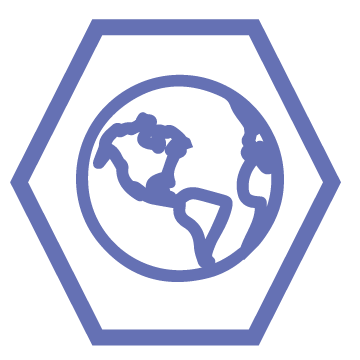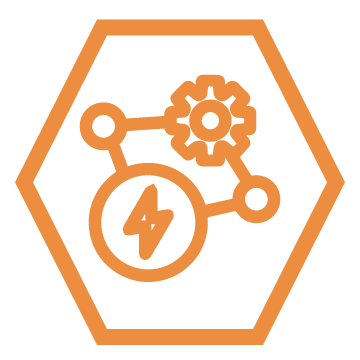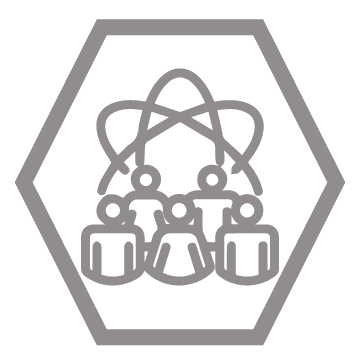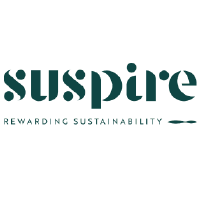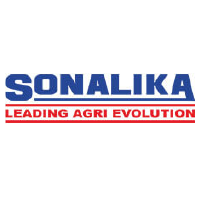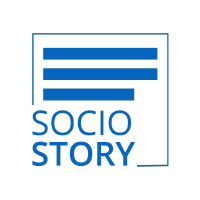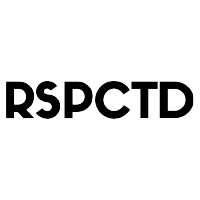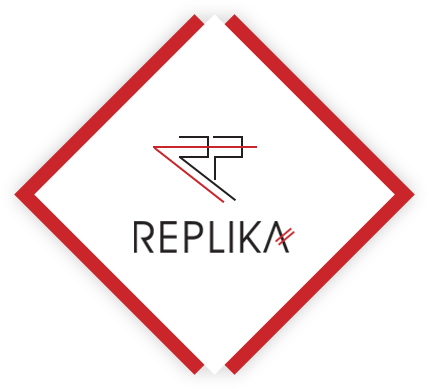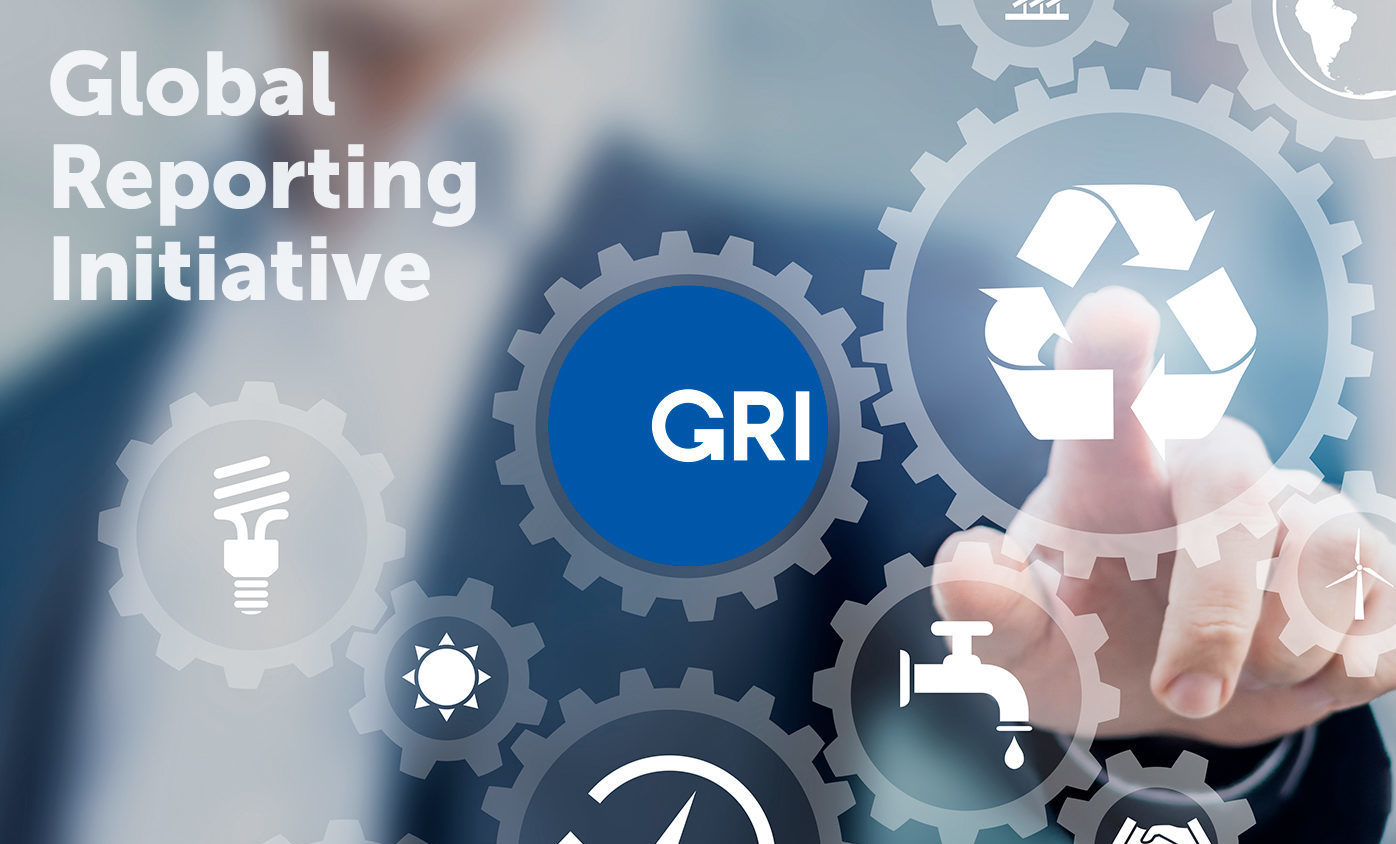-
By integrating real-time reporting and monitoring technologies, our distinctive and scalable reporting solution gives you and your team the business insights you want. Responsible and contemporary organizations are rooted in global principles such as the UN-prescribed SDGs 2030 which are an essential guiding force in transforming the way business markets are handled globally. Curated as per industry standards, location, and size of your business, the action plan is strategized in accordance with key indicators in Environment, Social, and Governance themes. Customized reporting solutions for your business ensure smooth business transition and transformation with data collection, reporting requirements and regulation management.
-
Life Cycle Assessment (LCA) calculates and provides a quantitative basis for the comparison of products and services of an organization. Life Cycle Assessment in majorly three formats; Cradle to Gate, Cradle to Grave, and Cradle to Cradle to carry out a comprehensive study of scattered data to diversify and predominate the analytics. 360° analysis is inclusive of relevancy assessment based on a user engagement module to discover the most suited ESG sustainability framework for your business to document, validate, consolidate and connect further with stakeholders.
-
Carbon Footprint Calculators at various levels (employee, workplace, organization) for tracking real-time GHG emissions, recognizing the hotspots, curating action-based reduction systems for a corporate-level GHG emissions inventory. In accordance with the Kyoto Protocol, the GHG accounting and reporting is for seven greenhouse gases– Carbon Dioxide (CO2), Methane (CH4), Nitrous Oxide (N2O), Hydrofluorocarbons (HFCs), Perfluorocarbons (PCFs), Sulphur Hexafluoride (SF6) and Nitrogen Trifluoride (NF3) in coherence.
-
By identifying risks and having action plans in place, increasing transparency, and understanding contributions to society, it is possible for companies to make their supply chains significantly more sustainable. Implementing a supply chain sustainability risk management framework (including a defined risk appetite) and supplier engagement strategy requires collaboration and communication between numerous functions and stakeholders across the supply chain.
-
An Environmental & Social Risk Management System (ESMS) is a collection of guidelines, procedures, instruments, and internal resources that detect and control a business’s exposure to the social and environmental concerns that its clients and investors may face. ESMS helps an organization lookout for potential adverse environmental and social impacts to assure that negative impacts are avoided or minimized to the extent possible while positive impacts are stimulated or increased
-
Capacity Building & Training in the domain of sustainability are based on the learning principles of active knowledge transfer, conscious creativity and pro-planet engagement. Need-based customizable training courses incorporate real-world examples and use cases from the world of sustainability and climate change.
